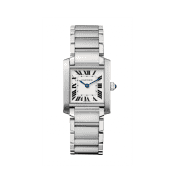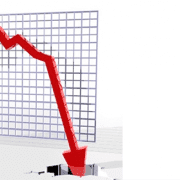Keeping an eye on fatal ‘optics’
By John Kananghinis
The demise of Christine Holgate at Australia Post should be a salutary lesson to all senior executives about the impact of ‘optics’ and understanding context.
Much has been written by business commentators about how hard done by she was and how the PM should not have hung her out to dry. I’m afraid that just demonstrates that they too don’t get it.
It is true that in the relative scheme of things the cost of the thank you watches was immaterial and it is also true that such rewards are not uncommon in the business world, particularly when a successful major project holds great opportunity for the organisation concerned. However, most businesses are either privately owned or owned by the shareholders. The key differentiator in the Holgate affair was that Aussie Post is a Government owned enterprise.
That is not to say that it is government funded. In fact generally it has earned a return for the government. But it is owned by the people of Australia. Not shareholders, not a foreign corporation not a small group of entrepreneurs, the people; you and I. As such the ‘optics’ of what can be interpreted as corporate largesse are very different. There is an expectation that the organisation should be serving the people, within reasonable commercial parameters, but not with the same freedom of a private/shareholder owned concern.
Ms Holgate’s incredulity at being questioned about the watches and her defence that it was not taxpayers money that was spent, even further cemented the view that she did not understand the public perception and expectation of the organisation she was running.
The public sees executives on near, or over, million dollar salaries, being further rewarded for ‘long hours’ and perceives such luxuries as a waste of their money. Money that would otherwise be available to provide better services or greater returns. They see luxury rewards being handed out for doing a job that the executives are already richly compensed for.
Failing to understand that context, by thinking that she was running a truly commercial organisation, and not getting the ‘optics’ was Ms Holgate’s undoing. The rest of the nonsense that followed, about hotels and limousines, was just the traditional media feeding frenzy once the blood was in the water.
The PM’s intervention, seen as reprehensible by some in the business media, was simply retail politics. He saw something that would not pass the much touted pub test and he used it to connect with the man and woman in the street. He effectively neutralised the opposition, who were attempting to provoke another instance of a perceived class warfare and anticipating, incorrectly, that he would let the matter run its course. Instead his political antenna were alert and he made a call that, politically, killed the matter on the spot. Let’s remember it was not he who orchestrated the gotcha moment in Senate Estimates, it was Labor’s Senator Kimberly Kitching. The take-down of ‘out of touch business elites’ is a non-denominational, gender neutral sport.
Understanding the public, political and media perception of a business and being aware of the ‘optics’, is a vital element of corporate communication and brand management.
RMK+Associates is highly experienced in helping organisations understand the appearance of their actions and words and crafting effective responses to emerging situations of risk.




